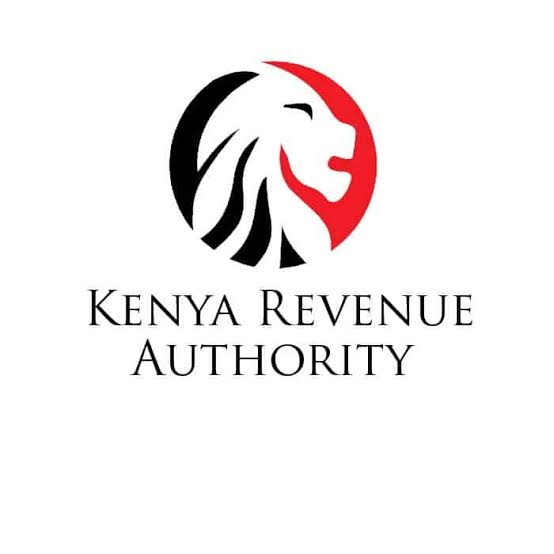The Kenya Revenue Authority (KRA) has taken a major step toward modernizing Kenya’s tax system by automating the filing of annual income tax returns for salaried employees. This innovation eliminates the cumbersome process of manually keying in figures from P9 forms.
From now on, employees simply log into the iTax portal, enter their National ID number, and the system automatically pre-fills their income and PAYE details. Filing tax returns — once a tedious process prone to errors — is now faster, simpler, and more accurate.
For employers, NGOs, and institutions, this change brings significant implications and opportunities.
What Has Changed
-
National ID Auto-fill: Employees will only need to enter their National ID on iTax, and the system will auto-populate their income and tax details.
-
No More Manual P9 Entry: The need for employees to rely on employer-issued P9 forms is gone. Instead, data already submitted to KRA through PAYE will fill in automatically.
-
Pre-populated Returns: As long as employers have filed PAYE correctly, the iTax platform generates a ready-to-review return for each employee.
-
Effective From 2026 Filing: The automation takes effect with returns for the 2025 tax year, which must be filed by June 30, 2026.
Why This Matters for Employers and HR
The success of this system depends heavily on payroll accuracy. Employers and HR departments must:
-
Ensure Accurate Payroll Submissions: Any inaccuracies in monthly PAYE returns will directly affect employees’ pre-filled returns.
-
Rethink P9 Processes: While P9 forms may no longer be required for filing, they may still be useful for internal records.
-
Educate Staff: Employees should know that filing remains mandatory — even if their returns show no additional tax liability.
-
Update Compliance Materials: Policies, handbooks, and intranet guides should reflect the new simplified steps.
Benefits of the New System
-
Time Savings: Filing takes just a few clicks instead of hours of manual entry.
-
Fewer Errors: Automated population of data reduces misreporting and inconsistencies.
-
Efficiency Gains: HR teams will spend less time assisting staff with tax filing challenges.
-
Boosted Compliance: A simpler process encourages timely filing and reduces penalties.
Helping Employees Transition Smoothly
To make the most of the new system, organizations should:
-
Share Clear Guidance: Provide step-by-step instructions on using the new iTax features.
-
Offer HR Support: Assist employees who face login or PIN recovery challenges.
-
Encourage Early Filing: Remind employees to review and submit their returns before the June 30 deadline.
-
Connect Staff to KRA Support: Direct employees to taxpayer clinics and helplines where needed.
-
Gather Feedback: Use employee feedback to improve future filing seasons.
Conclusion
KRA’s automation of annual tax return filing for salaried employees is a landmark shift toward digital efficiency in Kenya’s tax ecosystem. For organizations, the role is clear: keep payroll reporting accurate, educate employees, and support them through the transition.
Done right, this change will save time, reduce errors, and make compliance easier for everyone.
Call +254 702 339 699 or email sales@faidihr.com to learn how FaidiHR can help streamline your payroll and compliance processes.





